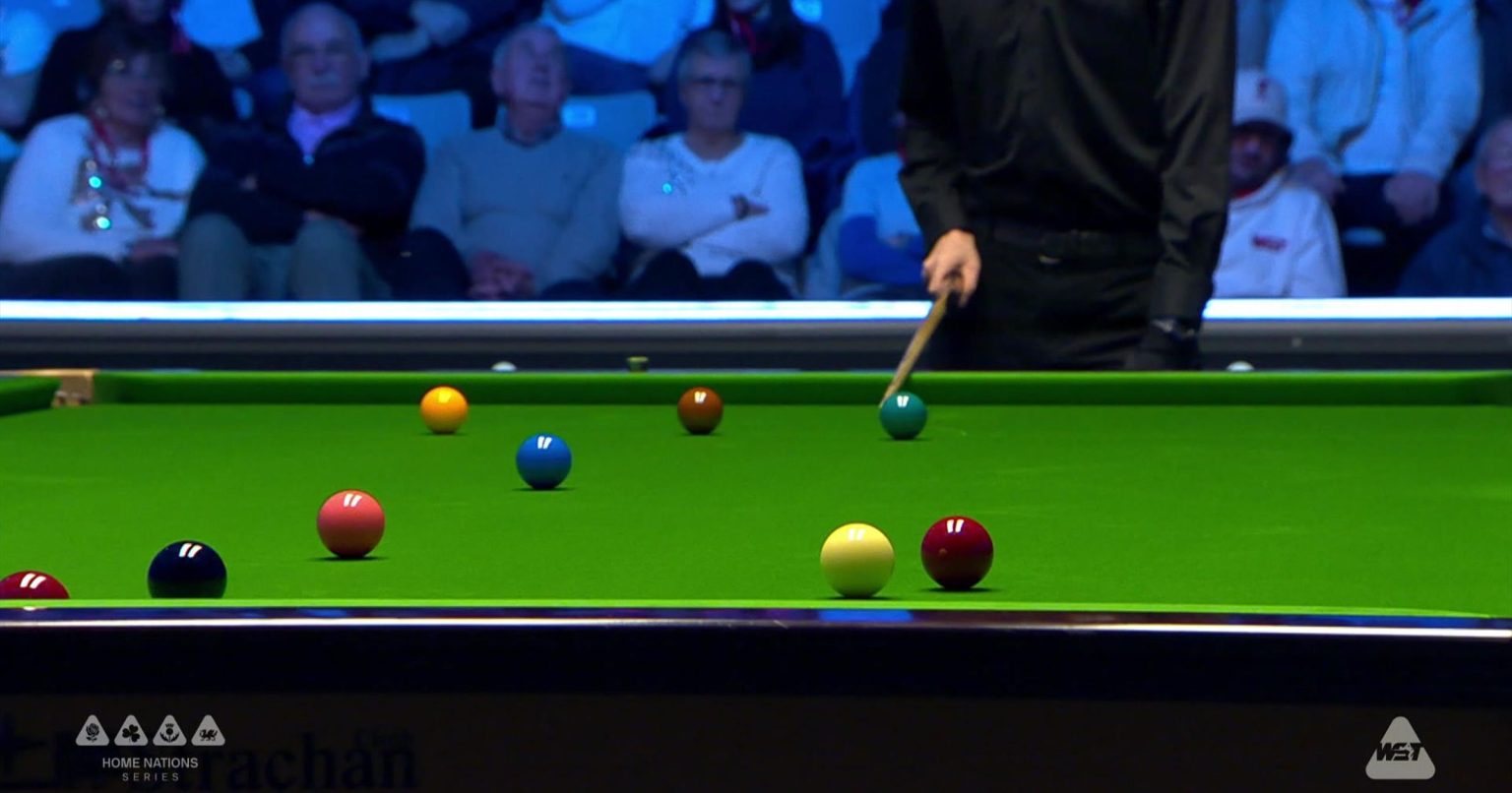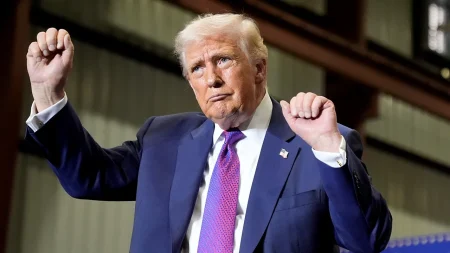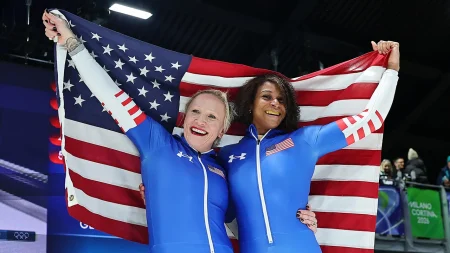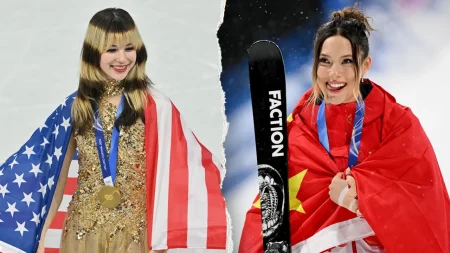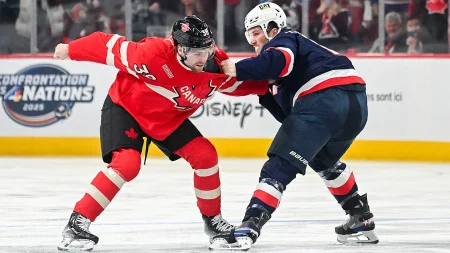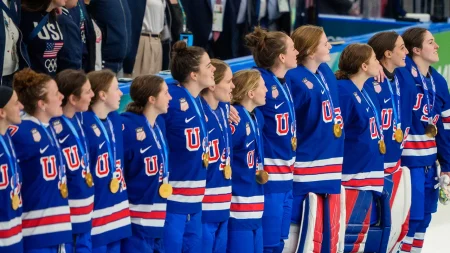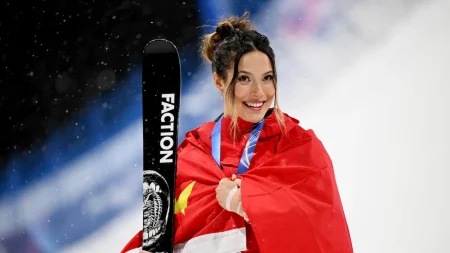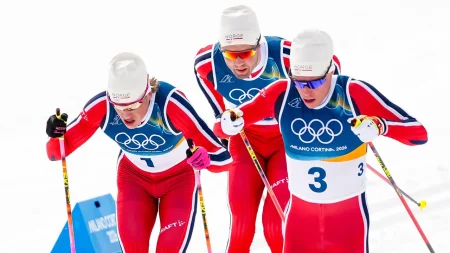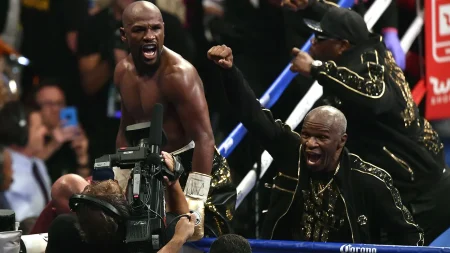The seemingly erroneous foul call against He Guoqiang by referee Proletina Velichkova in his first-round match against Mark Allen at the Scottish Open ignited controversy and highlighted the critical role of officiating in professional snooker. The incident, captured on camera and widely circulated, occurred during a crucial moment in the frame, potentially influencing the outcome of the match. While the specific details of the alleged infraction remain disputed, the incident underscores the challenges faced by referees in making split-second decisions with significant consequences in a sport known for its intricate rules and nuanced gameplay. The availability of instant replays and online streaming platforms like Eurosport and discovery+ has amplified the scrutiny placed on officials, raising questions about the consistency and accuracy of refereeing decisions, especially in high-stakes tournaments.
The controversy surrounding Velichkova’s call revolves around the interpretation of the rule regarding touching a ball on the table. Snooker regulations stipulate that a player must avoid touching any ball on the table other than the cue ball with his cue, hand, or any part of his attire. The debate centers around whether He Guoqiang inadvertently grazed a red ball while attempting to bridge over another ball to take a shot. Some replays suggest that contact may have been made, while others offer a less conclusive perspective. The ambiguity surrounding the incident further fueled the debate, highlighting the difficulty in objectively assessing such occurrences in real-time. The availability of slow-motion replays and multiple camera angles allows for a more detailed analysis, but even with this technology, determining intent and the exact nature of the contact can remain challenging.
The impact of the foul call on the match was potentially significant. Awarding a foul to the opponent, in this case, Mark Allen, can shift the momentum and alter the tactical landscape of the frame. Even a seemingly minor infraction can lead to a substantial points swing, especially if the fouled player was positioned for a significant break. In tight matches, such incidents can have a cascading effect, potentially influencing the outcome of the entire match. The pressure on referees to make accurate and consistent calls is immense, as their decisions can directly affect the players’ professional standings, rankings, and ultimately, their livelihoods. The incident involving Velichkova serves as a reminder of the immense responsibility referees bear in maintaining the integrity and fairness of the game.
The incident also underscores the evolving role of technology in snooker officiating. While the use of replays and multiple camera angles can offer valuable insights in reviewing contentious decisions, it also raises questions about the balance between human judgment and technological intervention. The speed and complexity of the game necessitate quick decision-making by the referee, often based on their immediate observation. However, the availability of replays creates a potential for post-match analysis and second-guessing, which can erode confidence in the referee’s authority and potentially lead to inconsistencies in the application of the rules. The ongoing debate within the snooker community revolves around how to best integrate technology to enhance the accuracy of officiating while preserving the traditional role of the referee as the primary arbiter of the game.
The accessibility of live streaming platforms like Eurosport and discovery+ has further intensified the scrutiny of refereeing decisions. With millions of fans watching worldwide, any controversial call is instantly subject to public dissection and debate. Social media platforms become breeding grounds for opinions and analyses, often with limited context or understanding of the intricacies of the rules. This increased visibility adds another layer of pressure on referees, who are now subject to immediate and often harsh public judgment. While the transparency offered by live streaming and replays can contribute to improving the quality of officiating in the long run, it also necessitates greater support and training for referees to navigate the challenges of operating under such intense scrutiny.
The incident involving Velichkova and He Guoqiang provides a valuable case study for examining the complexities of snooker officiating in the modern era. It highlights the challenges referees face in making split-second decisions, the impact of these decisions on the game, and the evolving role of technology in ensuring fair play. The ongoing debate surrounding the incident emphasizes the need for continued dialogue within the snooker community to refine the rules, enhance referee training, and establish clear protocols for utilizing technology to support officiating. The ultimate goal remains to ensure the integrity and fairness of the game while respecting the role of both human judgment and technological advancements in achieving this objective. The availability of platforms like Eurosport and discovery+ provides fans with unprecedented access to the sport, but it also carries a responsibility to engage in informed and constructive discussions about the challenges of snooker officiating, recognizing the intricate balance required to maintain the integrity of the game.



